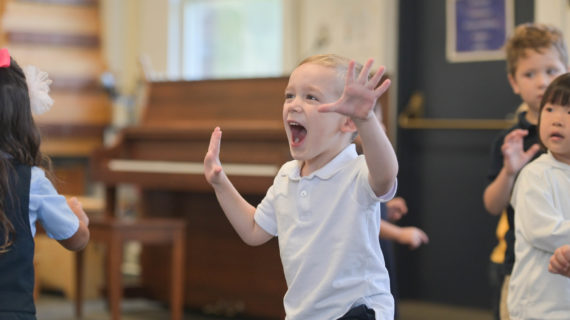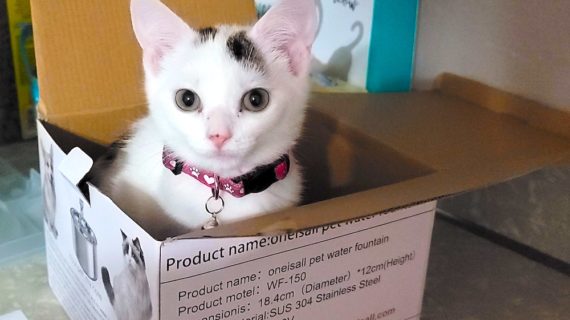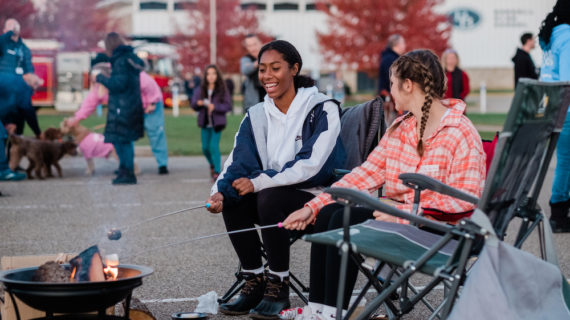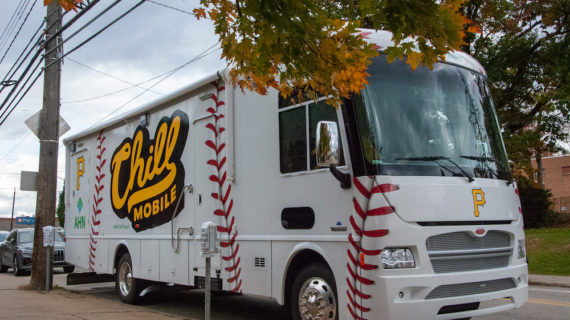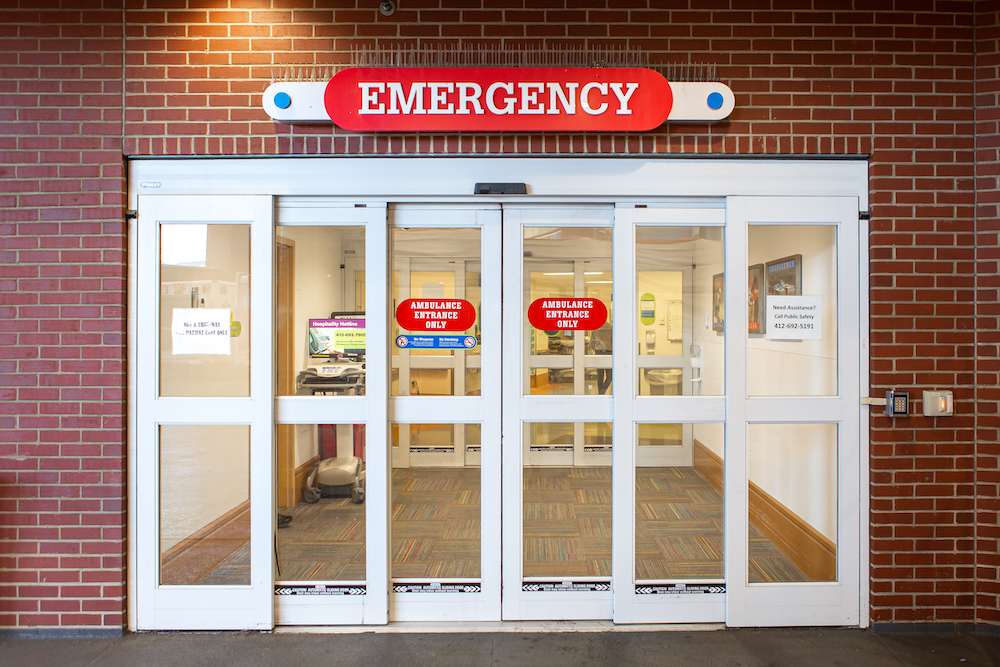
RSV: What do Pittsburgh-area parents need to know?
Photo above courtesy of UPMC.
If you have young children, you’ve probably been hearing a lot lately about RSV, or respiratory syncytial virus. Kidsburgh reached out to Allegheny Health Network and UPMC Children’s Hospital to ask what their experts want parents to know. Here’s what we’ve learned:
What is RSV and why is it so common right now?
This virus isn’t new.
“It’s always been around,” says Dr. Raymond Pitetti, director of the emergency department at UPMC Children’s Hospital. “Every year, usually in late fall, winter or early spring, it causes upper respiratory infections in children of all ages.”
But this year, “the number of cases has skyrocketed and started earlier than normal,” Pitetti says. Instead of becoming common in November and December, “we started seeing some of it in the summer, and really in September or October we started seeing this surge.”
With kids back in school and at daycare centers, and many more people congregating indoors without masks, RSV has been able to easily spread just like other viruses.
Why is RSV such a problem for babies and young toddlers?
People of any age can get RSV, says Dr. Michael Petrosky of AHN Pediatrics. But generally, it only causes basic cold symptoms in children and adults.
“Everyone gets exposed to it every year,” Petrosky says. But “you really get concerned for the really, really young — usually under 6 months of age.”
Because RSV causes a lot of mucus and drainage, babies and young toddlers “aren’t able to clear that as well,” he says, “and that’s usually what causes the issues. But even those kids, most will do well.”
Pitetti shares the same advice: “It’s a virus that affects everybody. Even you or I can get RSV. But for you and I, it tends to be more like a bad cold.”
Babies, “especially under the age of six months, they’re the ones who tend to have a lot more cough, a lot more nasal congestion, fever, difficulty breathing, wheezing and trouble eating, and things like that,” Pitetti says. “The younger you are, the more likely it is you’re going to have trouble.”
When should parents seek medical care if they believe their child may have RSV?
Dr. Pitetti and Dr. Petrosky both recommend looking out for these signs:
- Difficulty eating and drinking. Is your child able to eat well, or are they struggling to nurse or drink from a bottle? “Poor feeding is definitely something we’d want to know about,” Pitetti says. This is important in terms of nutrition and also hydration. “If they’re so congested that they’re not able to drink as much as they normally would during breastfeeding or bottle feeding, there’s some concern for dehydration,” Petrosky says. “What I tell parents a lot is, if they’re under a year and they’re making a wet diaper at least every eight hours, then I’m okay with that. There’s definitely enough to stay hydrated.”
- Difficulty breathing. “A lot of babies and kids use their belly to breathe. When I get more concerned is full retractions, and those are noticing muscles pulling in between the ribs or even it seems like things are cycling in above their collarbone,” Petrosky says. “That’s a sign that they’re working harder to breathe.” If a baby is panting, grunting or otherwise visibly having trouble breathing, seek medical care.
- Low oxygen level. This is a hard thing for most parents to test at home, Pitetti says, but it’s another factor doctors keep in mind. If a baby’s color seems off — they appear pale or bluish or grayish, they might be lacking oxygen in their blood.
Although tests for RSV are available, these doctors say it isn’t vital to know whether your child has RSV or a different cold virus. What matters is looking out for these three symptoms.
If your child seems to need care, call your pediatrician to discuss the symptoms you’re seeing. If necessary, babies and toddlers can be seen for RSV at a pediatrician’s office, an express care location, an emergency room or via video through services like UPMC Children’s AnywhereCare.
What can parents do to help their child avoid catching RSV?
As with common colds and with COVID, basic precautions help. Both doctors recommend basic precautions like lots of hand-washing, and making sure family members cough into their sleeve or a tissue. And if older kids have even mild cold symptoms, it can be helpful to keep them away from any babies in a household.
To help prevent the spread of RSV in the community, it’s important to keep kids and babies with cold symptoms home from school or daycare.
“This is really hard for parents, and I get it,” Pitetti says, but it’s an important step in slowing the transmission of RSV in our area. “If there’s one kid in daycare that has RSV, and is coughing and sneezing, then there may be many kids at that daycare who end up having RSV.”
